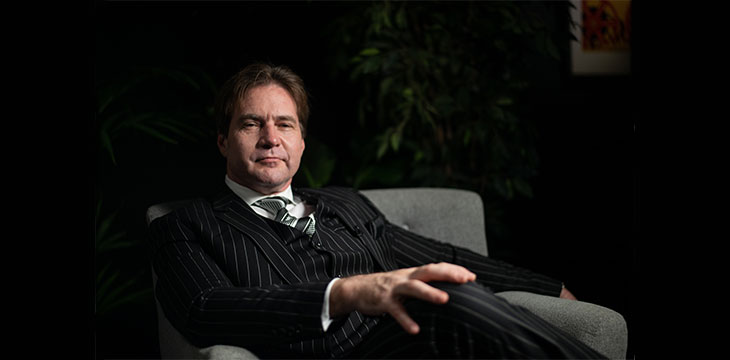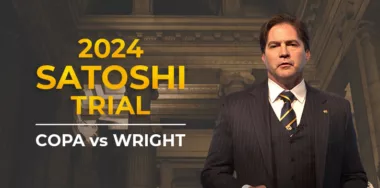The U.K. High Court has handed down a sweeping judgment in favor of Dr. Craig Wright in the Wright v McCormack litigation, ruling in his favor on all but one disputed matter.
The Court agreed with counsel for Dr. Wright that all references in McCormack’s defense to the events of 2015 and 2016—the time surrounding Wright’s initial outing as Satoshi Nakamoto—should be struck out on the basis that it offends the Dingle rule. Favorably quoting a prior judicial formulation of the rule given by Warby J, the Judge said:
“…where many have published words to the same or similar effect, it is not legitimate for a defendant to seek to reduce damages by proving the publications of the defendant or others, and inviting an inference that those other publications have injured the claimant’s reputation.”
The thousands of pages of documents which McCormack was attempting to introduce, and which purport to show that Dr. Wright was already the subject of similar claims from others in the Bitcoin community, were also flatly rejected by the Judge. In granting Dr. Wright’s request to strike out these pleadings and material, the Court said:
“Suppose, I ask rhetorically, these paragraphs were allowed to stand and the Defendant adduced evidence as to what people in the Bitcoin community generally believed, and what had been reported… Where would that take him, given he is no longer seeking to prove that it is, in fact, true, that the Claimant has made fraudulent claims to be Satoshi? The answer is, it seems to me, nowhere.”
Dr. Wright was also granted permission to amend the Claim Form to fix the timestamping discrepancy that was identified by the Court in November 2020. This was in the face of a statutory limitation period which technically excluded certain publications which were added to the complaint; the Judge accepted the Claimant’s argument that the Judge should disapply the limitation period as permitted under the Limitation Act 1980.
At 72 pages, it’s an enormous judgment for a pre-trial review hearing such as this, with the Judge taking pains to thoroughly consider and dismiss the alternative arguments to his ultimate ruling. RPC, on behalf of McCormack, indicated that they planned to appeal some or all of the judgment: any appeal is due by October 15.
The only issue left in the proceedings is the serious harm question, where McCormack will seek to argue that though he is no longer claiming that his tweets were true, they still did not cause or were likely to cause serious harm to Dr. Wright’s reputation. Serious harm is a key element to a defamation cause of action in the U.K.—this is the issue that will be determined at the trial, which will now need to be scheduled.
It’s also an important ruling for reasons beyond just Dr. Wright. This will be the second ruling to come out of Dr. Wright’s litigation that has the effect of setting significant precedent. The case gives added clarity to the rule in Dingle, and also provides guidance on the circumstances in which the Court can disapply the statutory limitation period for civil causes of auction under the Limitation Act 1980.
Dr. Wright originally sued McCormack for defamation in 2019 over tweets or series or tweets he had made in which he either directly or by innuendo called Wright a fraud for his claim that he was Bitcoin inventor Satoshi Nakamoto.
McCormack had initially abandoned his defense of the case in October 2020. However, just as the case looked likely to be resolved, his legal team reappeared to request the High Court’s permission to re-amend his defense, withdrawing his defenses of truth (i.e., that his statements that Dr. Wright is fraudulently claiming to be Satoshi Nakamoto were true), public interest and abuse of process. He also sought to reintroduce his pleading of truth as it related to the events of 2015 and 2016 to supplement his defense on serious harm and to include as part of that defense 1000s of pages of additional—and previously undisclosed—evidence from third party sources purportedly echoing the same sentiments contained in the publications that form the basis of Dr. Wright’s lawsuit against McCormack.
Now, McCormack will have to face Dr. Wright at trial, where only one question remains: did the publications (tweets), which McCormack is no longer arguing were true, cause or were likely to cause serious harm to the reputation of Dr. Wright?
New to blockchain? Check out CoinGeek’s Blockchain for Beginners section, the ultimate resource guide to learn more about blockchain technology.








